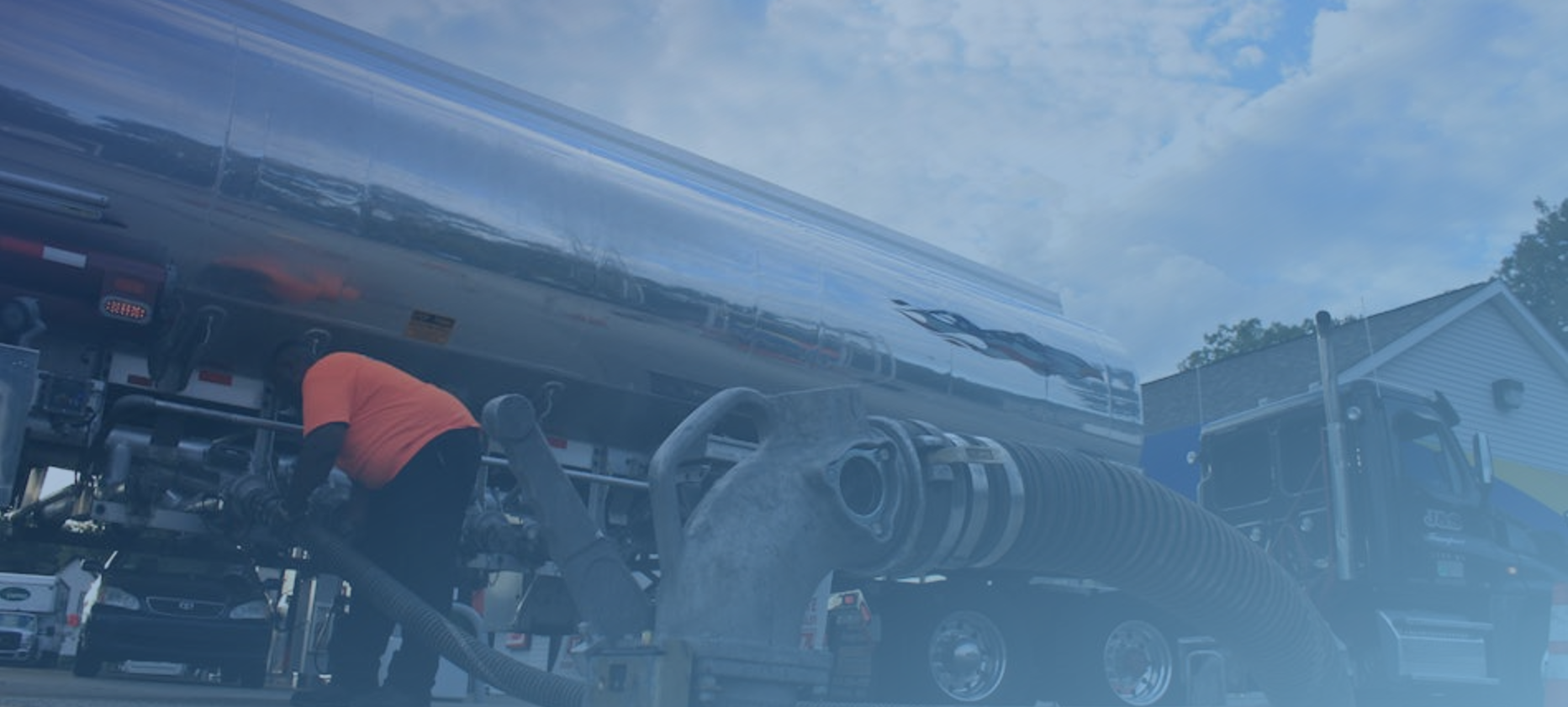In the dynamic world of fuel distribution, having a robust logistics platform such as DashFuel is crucial for driving efficiency, increasing competitiveness, and setting customer satisfaction standards. As the industry evolves, Fuel Marketers and Carriers are increasingly turning to sophisticated software solutions to streamline operations and enhance their service delivery. But what are the essential components that define an excellent fuel logistics platform? Let’s explore the five key functional modules that will make a significant difference in your operations.
(1) Inventory Management
At the heart of fuel distribution operations is the need for accurate, real-time inventory management. Historically this was referred to as a tank monitoring system, but with today’s technology you must go further by:
- Creating real-time inventory visibility of fuel levels across all locations
- Using machine learning for demand forecasting, which significantly improves upon legacy solutions such as daily averages
- Customizing alerts by tank for low inventory levels to prevent runouts
- Integrating seamlessly with existing hardware to reduce financial and switching costs
By implementing an advanced inventory management system, Fuel Marketers and Carriers can ensure they always have the right amount of fuel available to meet customer demands without holding excess product.
(2) Supply Management for Fuel Marketers
For Fuel Marketers in the fuel distribution chain, efficient supply management is critical. A comprehensive supply management module should include:
- Automated ingestion of all supplier pricing, whether it’s from supplier emails or portals
- Easy to use tools for generating and sending out customized quotes to customers
- Automated best buy analysis for each load, considering factors like fuel price, freight costs, and branded site constraints
- Real time contract and allocation management – know before you go
These features enable Fuel Marketers to make informed purchasing decisions, optimize their supply chain, and maintain competitive pricing while maximizing their profit per load.
(3) Dispatching
Effective dispatching is the linchpin of smooth fuel distribution operations. Whether you are dispatching internally or using carrier partners, a robust dispatching module should focus on:
- Real time, centralized communications with both your drivers and/or external carriers
- Flexible scheduling capabilities for both full truckload (FTL) and less than truckload (LTL) deliveries
- Easy-to-use interface for quick changes and updates to delivery schedules
- Management of drivers and/or carrier partners by region or shift
Creating a system that allows for rapid, efficient scheduling and the ability to adapt to last-minute changes seamlessly is critical for a modern dispatching solution.
(4) Mobile App
In today’s connected world, a mobile app for drivers is not just a nice-to-have—it’s essential. A well-designed driver app should offer:
- Real-time delivery information and updates
- Excellent scanning capabilities for BoLs and delivery tickets, not just a standard phone or tablet camera
- Simple workflows to ensure drivers enter all the needed information
- Utilizing the latest in generative AI to eliminate some driver data entry entirely
- Mobile dispatching for load creation or updates when dispatchers are on the go
By equipping drivers and dispatchers with powerful mobile tools, Fuel Marketers and Carriers will enhance efficiency, improve communication, and reduce costly mistakes like cross drops and spills.
(5) Invoicing
Streamlined invoicing is crucial for maintaining healthy cash flow and solid customer relationships. An effective invoicing module should include:
- Automated digital invoice generation based on delivered quantities and agreed-upon pricing
- Load reconciliation between pickups and deliveries to reduce credit re-bills
- Automated proof of delivery documents reduce billing disputes
- Easy integration into any existing back-office systems
With a robust invoicing system, Fuel Marketers and Carriers will reduce billing errors, speed up payment cycles, and improve overall financial margins.
Summary
In an industry as competitive and fast-paced as fuel logistics, having the right tools is not just an advantage—it’s essential for success. By adopting a comprehensive platform like DashFuel that excels in Inventory Management, Supply Management, Dispatching, Mobile Apps, and Invoicing, Fuel Marketers and Carriers can transform their operations. This not only ensures efficiency and accuracy but also strengthens customer relationships and drives sustainable growth.
As technology continues to evolve, staying ahead with cutting-edge logistics software will be the key to thriving in the ever-changing fuel industry. DashFuel is committed to leading this charge, helping businesses navigate the complexities of modern fuel logistics with confidence.


